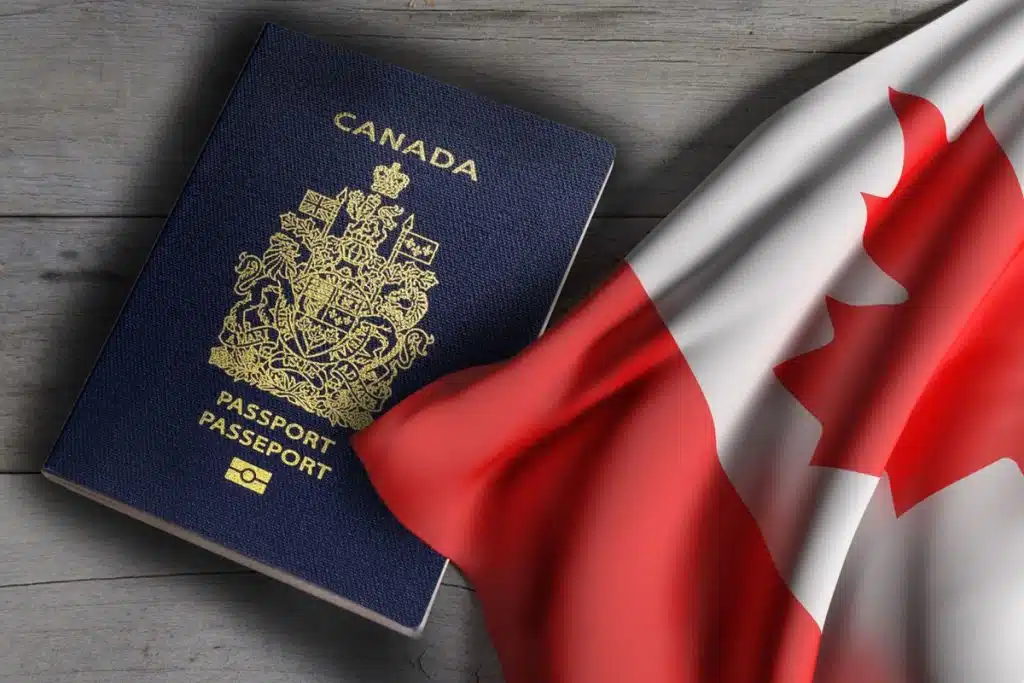Canada remains one of the top choices for international students seeking higher education opportunities.
However, prospective students should take note of some new regulations for the 2024 student visa.
ADULAWO News reports that Canadian government has introduced updates to the study permit, and if you are considering studying in Canada, it’s essential to stay informed about these changes.
The updated regulations also impact the criteria for obtaining the Post-Graduation Work Permit (PGWP).
Below are some of the new 2024 rules for international students intending to study in Canada:
1. Updated cost-of-living requirements for students: From January 1, 2024, international students must demonstrate they have at least $20,635 (previously $10,000) to cover living expenses (requirements differ for students relocating to Quebec).
2. Changes to Spousal Open Work Permit eligibility: Only spouses of international students enrolled in master’s, doctoral, and professional programs will qualify for open work permits.
3. Longer PGWPs for master’s graduates: Soon, students completing master’s programs in Canada will be eligible for three-year PGWPs.
4. Changes to Post-Graduation Work Permit (PGWP) eligibility criteria: Beginning September 1, 2024, foreign students commencing study programs in private colleges delivering licensed curriculum will not qualify for PGWPs.
5. Temporary federal cap on international student intake: Anticipated to decrease by 35% from 2023, the number of study permits approved in 2024 is expected to be 360,000. The cap for 2025 will be determined by the end of 2024.
ADULAWO News reports that the Canadian government announced a two-year intake cap on study permit applications on January 22, 2024.
In 2024, around 360,000 new study permits are anticipated to be granted to international students, marking a 35 percent decline from 2023. The cap for 2025 will be established by year-end.
Each province and territory will also impose a cap on the enrollment of new international students in undergraduate programs.
Provinces experiencing the most unsustainable growth in international student numbers will face more significant reductions in their study permit allocations. For instance, Ontario is expected to undergo a 50 percent reduction in study permit approvals.
Reasons for Canada Enforcing International Student Cap
Read Also FUOYE lecturer, Students Manufacture Electric Vehicle, Bicycle, Mechatronic Doors
In the past decade, there has been a significant increase in the number of study permits issued by the Canadian government.
Unfortunately, the infrastructure necessary to accommodate this surge of international students has not kept pace, leading to strain on housing and healthcare systems.
Furthermore, certain private institutions have been admitting more international students primarily to boost revenue, often neglecting to enhance admission and curriculum standards.
The introduction of the new study permit cap aims to provide the Canadian government with time to establish a Trusted Institutions Framework.
This framework will encourage Designated Learning Institutions (DLIs) to maintain high educational standards and weed out subpar practices in the education sector.
Read Also Rent Debt: Evicted Abuja Based Pharmacist Begs Court Not To Sell Property
Implementing such measures will ensure that international students arriving in Canada receive the necessary support to excel academically and in other facets of life.
How does the international student cap impact study permit applicants?
If you are an international student, you might worry about how this new cap could impact your ability to qualify for a Canadian study permit.
The international student cap is anticipated to impact study permit applicants in several ways:
1. Increased competition: With fewer study permits being approved, admission into Canadian Designated Learning Institutions (DLIs) is expected to become more competitive. Applicants may face heightened competition for available slots.
Read Also Nigeria Passing Through A Phase, I’m Optimistic President Tinubu will Turn Nigerians Misfortunes To Fortunes- Oluwo
2. Impact on undergraduate programs: Applicants enrolling in undergraduate programs, such as bachelor’s degrees, diplomas, or certificates, may find it more challenging to qualify for a study permit due to the reduced number of permits issued.
3. Unaffected master’s and doctoral programs: Applicants applying to master’s or doctoral programs in Canada may see minimal impact on their chances of obtaining a study permit. These programs may remain relatively unaffected by the cap.
4. Greater competition in specific provinces: Provinces like Ontario, British Columbia, and Nova Scotia are expected to experience more significant reductions in study permit allocations. As a result, students interested in studying in these provinces may face intensified competition for study permits.
Overall, the international student cap is likely to make the process of obtaining study permits more competitive, particularly for undergraduate program applicants and those interested in studying in provinces experiencing sharper cuts in permit allocations.

